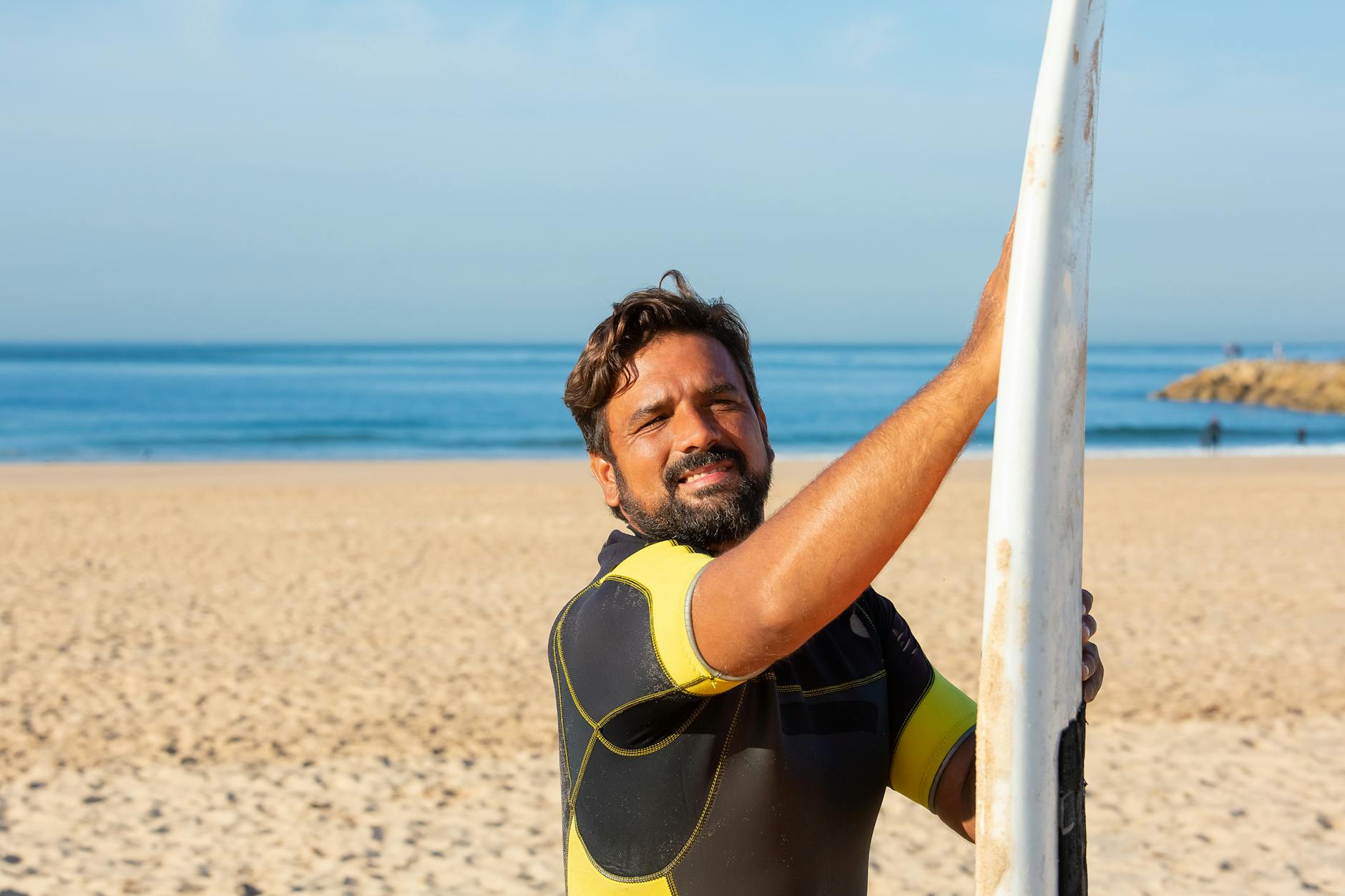The Power of Experiential Learning in Education

Enhancing Learning Through Real-World Experiences
Experiential learning is a dynamic approach that places students in real-life situations to gain hands-on experience and practical knowledge. Unlike traditional classroom learning, this method immerses students in interactive activities that require critical thinking, problem-solving, and collaboration.
With experiential learning, students not only understand theoretical concepts but also apply them in real-world contexts. This approach fosters a deeper understanding of complex ideas and promotes the development of essential skills such as communication, adaptability, and resilience.
The Benefits of Experiential Learning
1. Enhanced Engagement: Experiential learning captivates students' interest and keeps them actively involved in the learning process.
2. Application-Oriented: Students can directly apply theoretical knowledge to practical situations, reinforcing their understanding.
3. Development of Soft Skills: Through experiential learning, students hone essential skills like teamwork, problem-solving, and decision-making.
Implementing Experiential Learning in Educational Settings
- Integrating Field Trips: Taking students on educational field trips provides firsthand experiences that complement classroom teachings.
- Project-Based Learning: Assigning hands-on projects challenges students to think creatively and independently.
- Simulation Exercises: Simulating real-world scenarios allows students to practice skills in a controlled environment.
Overall, experiential learning offers a transformative educational experience that equips students with practical skills and prepares them for future success.





